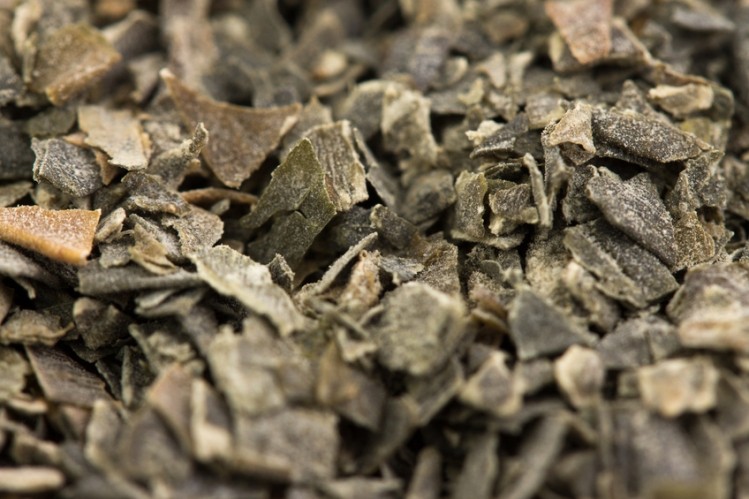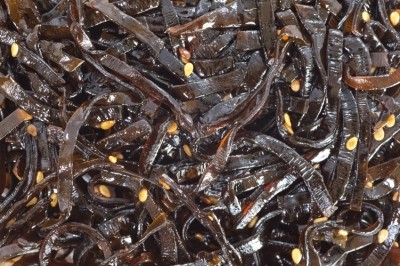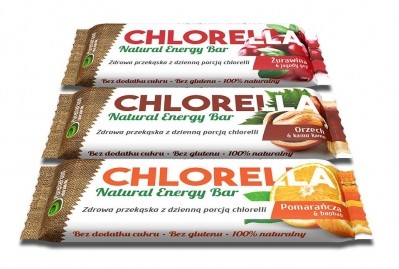Rising tide for seaweed phlorotannins in the EU?

If EFSA’s safety opinion is positive, this could see the novel edible brown seaweed polyphenol arriving on EU supplement shelves.
Polyphenols from fruit and vegetables, cocoa, red wine and grape juice have been extensively studied for their effects on chronic diseases.
Yet a relatively less documented rich source of polyphenolic compounds is seaweed.
Phlorotannins – the main group of polyphenols in brown seaweeds – are found uniquely in seaweeds.
Phlorotannins isolated from edible brown seaweeds have been picking up pace in scientific literature in recent years, earmarked for their potential antioxidant and anti-inflammatory properties.
EU-funded interest
The compounds came under the spotlight in 2013 with the EU-funded SWAFAX (Seaweed derived anti-inflammatory agents and antioxidants), a project between CyberColloids and the Universities of Reading and Ulster as well as several SMEs.
Discussing the project at the time, SWAFAX project leader and head of the Hugh Sinclair Unit of Human Nutrition at Reading University, Professor Ian Rowland, said the antioxidant content of some edible seaweed species like Ascophyllum can be up to 15% of its weight.
“Some of them are similar to land plants but not all of them. The best potential we have seen is for phlorotannins which are found in brown seaweeds like Ascophyllum.”
Earlier this year a study from the project published in the British Journal of Nutrition concluded that phlorotannins in brown seaweed are indeed metabolised by humans and absorbed in the large intestine - and could have anti-inflammatory potential.
Meanwhile the ingredient has also attracted attention within the 'cosmeceutical' sector, where a Korean review published this year pinpointed brown algal phlorotannins as “ideal” compounds for use as functional ingredients in these topical products.















